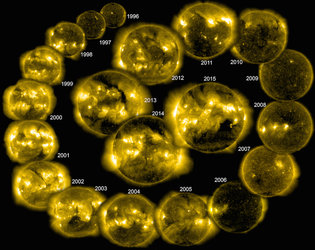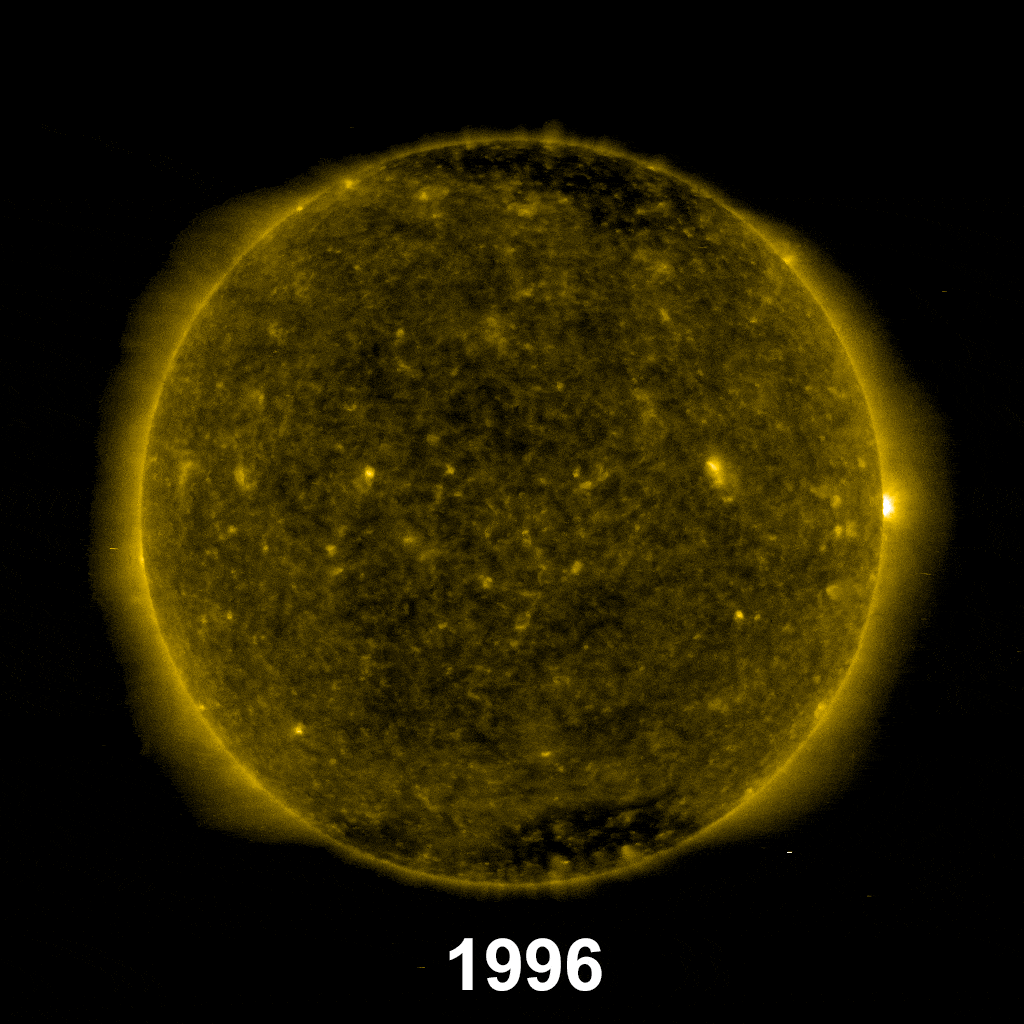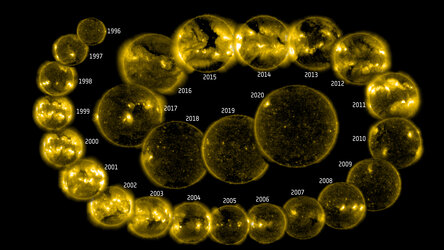Accept all cookies Accept only essential cookies See our Cookie Notice

About ESA
The European Space Agency (ESA) is Europe’s gateway to space. Its mission is to shape the development of Europe’s space capability and ensure that investment in space continues to deliver benefits to the citizens of Europe and the world.
Highlights
ESA - United space in Europe
This is ESA ESA facts Member States & Cooperating States Funding Director General Top management For Member State Delegations European vision European Space Policy ESA & EU Space Councils Responsibility & Sustainability Annual Report Calendar of meetings Corporate newsEstablishments & sites
ESA Headquarters ESA ESTEC ESA ESOC ESA ESRIN ESA EAC ESA ESAC Europe's Spaceport ESA ESEC ESA ECSAT Brussels Office Washington OfficeWorking with ESA
Business with ESA ESA Commercialisation Gateway Law at ESA Careers Cyber resilience at ESA IT at ESA Newsroom Partnerships Merchandising Licence Education Open Space Innovation Platform Integrity and Reporting Administrative Tribunal Health and SafetyMore about ESA
History ESA Historical Archives Exhibitions Publications Art & Culture ESA Merchandise Kids Diversity ESA Brand Centre ESA ChampionsLatest
Space in Member States
Find out more about space activities in our 23 Member States, and understand how ESA works together with their national agencies, institutions and organisations.
Science & Exploration
Exploring our Solar System and unlocking the secrets of the Universe
Go to topicAstronauts
Missions
Juice Euclid Webb Solar Orbiter BepiColombo Gaia ExoMars Cheops Exoplanet missions More missionsActivities
International Space Station Orion service module Gateway Concordia Caves & Pangaea BenefitsLatest
Space Safety
Protecting life and infrastructure on Earth and in orbit
Go to topicAsteroids
Asteroids and Planetary Defence Asteroid danger explained Flyeye telescope: asteroid detection Hera mission: asteroid deflection Near-Earth Object Coordination CentreSpace junk
About space debris Space debris by the numbers Space Environment Report In space refuelling, refurbishing and removingSafety from space
Clean Space ecodesign Zero Debris Technologies Space for Earth Supporting Sustainable DevelopmentLatest
Applications
Using space to benefit citizens and meet future challenges on Earth
Go to topicObserving the Earth
Observing the Earth Future EO Copernicus Meteorology Space for our climate Satellite missionsCommercialisation
ESA Commercialisation Gateway Open Space Innovation Platform Business Incubation ESA Space SolutionsLatest
Enabling & Support
Making space accessible and developing the technologies for the future
Go to topicBuilding missions
Space Engineering and Technology Test centre Laboratories Concurrent Design Facility Preparing for the future Shaping the Future Discovery and Preparation Advanced Concepts TeamSpace transportation
Space Transportation Ariane Vega Space Rider Future space transportation Boost! Europe's Spaceport Launches from Europe's Spaceport from 2012Latest

Ultraviolet image shows the Sun’s intricate atmosphere
Thank you for liking
You have already liked this page, you can only like it once!
This eerie coloured orb is nothing less than the life-giver of the Solar System. It is the Sun, the prodigious nuclear reactor that sits at the heart of our planetary system and supplies our world with all the light and heat needed for us to exist.
To the human eye, the Sun is a burning light in the sky. It is dangerous to look at it directly unless some special filtering is used to cut out most of the light pouring from its incandescent surface.
However, to the electronic eyes of the Solar and Heliospheric Observatory (SOHO), the Sun appears a place of delicate beauty and detail.
SOHO’s extreme-ultraviolet telescope was used to take these images. This telescope is sensitive to four wavelengths of extreme-ultraviolet light, and the three shortest were used to build this image. Each wavelength has been colour-coded to highlight the different temperatures of gas in the Sun.
The gas temperature is traced by iron atoms, where rising temperature strips increasing numbers of electrons from around the nucleus.
An iron atom usually contains 26 electrons. In this image, blue shows iron at a temperature of 1 million degrees celsius, having lost 8 or 9 electrons. Yellow shows iron at 1.5 million degrees (11 lost electrons) and red shows iron at 2.5 million degrees (14 lost electrons).
These atoms all exist in the outer part of the Sun’s atmosphere known as the corona. How the corona is heated to millions of degrees remains the subject of scientific debate.
The constant monitoring of the Sun’s atmosphere with SOHO, and with other Sun-staring spacecraft like the Solar Dynamics Observatory and Proba-2, is allowing solar physicists to build up a detailed picture of the way the corona behaves. This gives them insight into the physical processes that give rise to the corona and its behaviour.
-
CREDIT
SOHO (ESA & NASA) -
LICENCE
ESA Standard Licence

20 SOHO views of the Sun

22 years of SOHO

SOHO: 25 years of solar imaging

SOHO: 25 years of solar imaging















 Germany
Germany
 Austria
Austria
 Belgium
Belgium
 Denmark
Denmark
 Spain
Spain
 Estonia
Estonia
 Finland
Finland
 France
France
 Greece
Greece
 Hungary
Hungary
 Ireland
Ireland
 Italy
Italy
 Luxembourg
Luxembourg
 Norway
Norway
 The Netherlands
The Netherlands
 Poland
Poland
 Portugal
Portugal
 Czechia
Czechia
 Romania
Romania
 United Kingdom
United Kingdom
 Slovenia
Slovenia
 Sweden
Sweden
 Switzerland
Switzerland
























